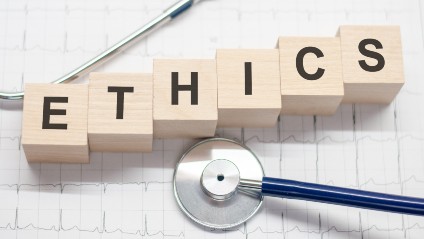This article was published in The Citizen Newspaper, Tanzania on 11th July, 2023.
In developed countries, one can hardly escape being video recorded. For security reasons, there are active cameras in the streets, on doors of residential buildings, on bridges, roads, undergrounds, buses, cars, trains, trams, amusement parks, shops, hospitals, schools, and even places of worship. In Tanzania too, we will soon get there.
However, in service facilities and institutions, cameras have multiple functions. They are used to monitor and enforce certain standards in quality of practice, for the safety, comfort, and well-being of the clients as well as service providers. Camera evidence, unless manipulated, is one of the most trusted pieces of evidence. This is because it reproduces the exact nature and flow of happenings in still images or videos.
Globally, the widespread use of cameras has reduced the rate of petty crimes, misdemeanours, abuses, violations, and breaches of standards in carrying out responsibilities. With everyone having access to a camera upon recourse, people have become even more careful as one can be easily recorded, sometimes without one knowing.
Cameras have helped promote justice, have saved lives, have helped to prevent perils, and have contributed to progress and research in various fields. Some contemporary sociologists mention the popular behaviour of videoing happenings as a contemporary pro-social behaviour.

This is because people do it out of concern for the safety or well-being of others. Though on a few occasions, people take videos just for social media; to get views, likes, comments, and followers. It is unfortunately a big thing in our time.
On several occasions in Tanzania, people have shared videos that attracted public concern especially in matters of health, safety and vulnerable social groups. Among those are issues related to hospitals and patients, traditional medicine, food and nutrition, consumables, children, people with disabilities, and many others. These videos helped bring back standards in professionalism and quality of practice in the respective institutions.
However, the effects of such generosity and goodwill of concerned patriots who take their time to keep records when things are not going right depend on the way the authorities respond.
If authorities respond appropriately, more problems will be uncovered and solved. But where authorities are repulsive and focus on creating good names for themselves, no good is achieved.
Of recent, a concerned citizen recorded a qualified hospital worker washing surgical instruments outdoors, with cold water, using what looked like a moping bucket, and drying the instruments on the floor. The nature of the concern was not provocative, but deeply emotional, almost as for a tragedy, which of course it was; as such instruments are used in the theatre for surgeries.
However, in the fifth paragraph of the circulated public briefing in regard to the same, the Dar es Salaam City Council directorate stated categorically, “They are sorry for the inconveniences that the video has caused. It should however be disregarded as it has no truth in it.”
The sixth paragraph goes on to state that that video is misinforming the public, and that what was done was a normal procedure in sorting and cleansing surgical instruments when they come from the store. This is followed by a warning to the public to not share such videos before inquiring from the authorities.

Nonetheless, the Minister of Health, Ummy Mwalimu responded via Twitter in condemnation of such a breach of basic safe practice. Hers was a genuinely humane response. What was done was “contrary to the guidelines of Infection Prevention and Control,” she said. She appreciated the person who shared the video and called on healthcare workers to ensure they meet standards of safe practices.
Here are two different authorities responding differently to the issue. With the former, had the whistle-blower mentioned his name, he would have probably spent a few nights in police custody. There is a clear abuse of authority to suppress the truth and cover for the misconduct of a public servant and the public institution. While this particular case is a reference for this discussion, there are countless similar cases in different places in the country which are swept under the carpet by like-minded officials.
Globally, medical practitioners, physicians, nurses and other health workers swear by The Hippocratic Oath, written by Hippocrates (c. 400 BC) the Father of medicine, which binds them to practice with ethics, diligence and dutifulness.
In part, it reads: “I will follow that system of regimen which, according to my ability and judgment, I consider for the benefit of my patients, and abstain from whatever is deleterious and mischievous.” Similar words are found in the Florence Nightingale Pledge, which is used by nurses globally.
For the well-being and safety of the general public, leaders should be responsible and stand to condemn wrongdoing and misconduct without mincing words. The government should as well encourage the general public to give feedback concerning the services provided in its facilities, rather than inducing fear.
